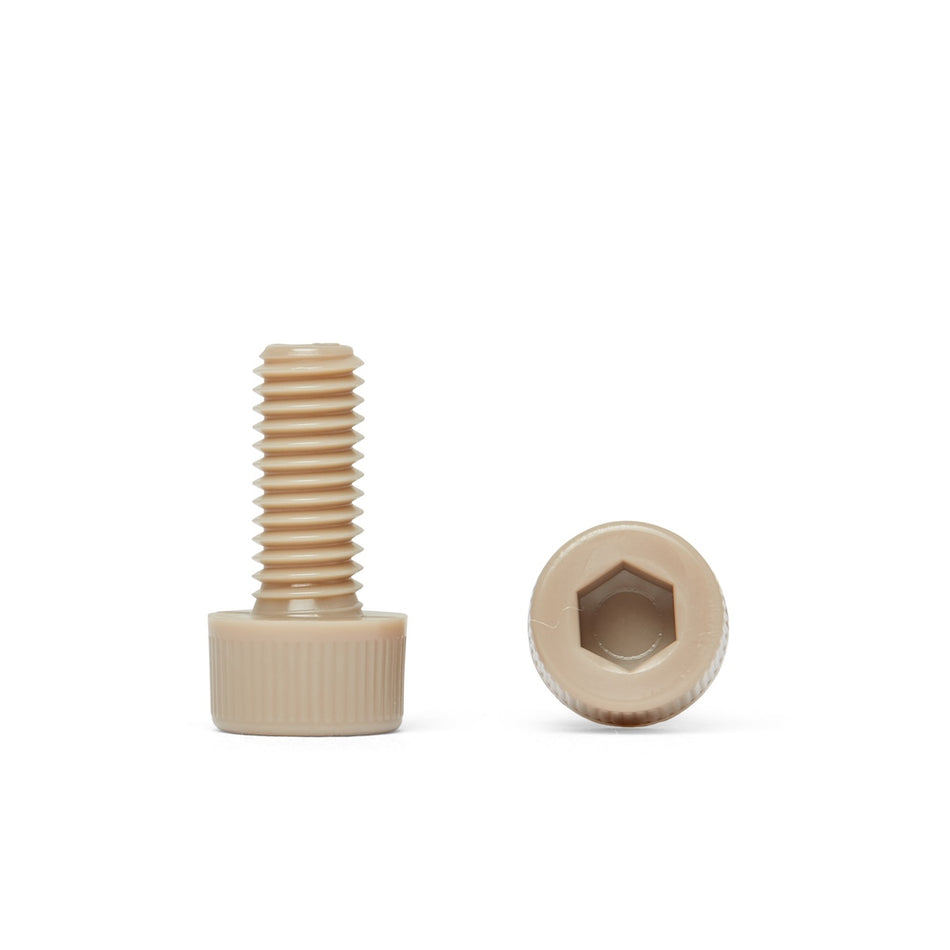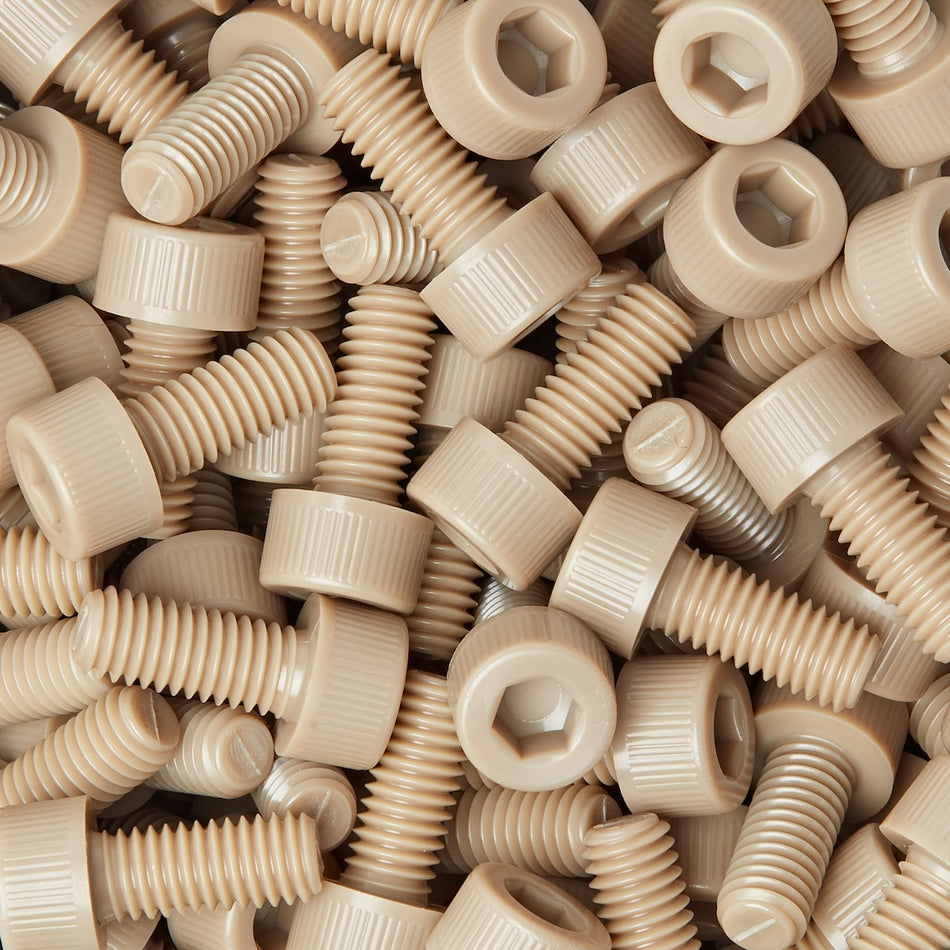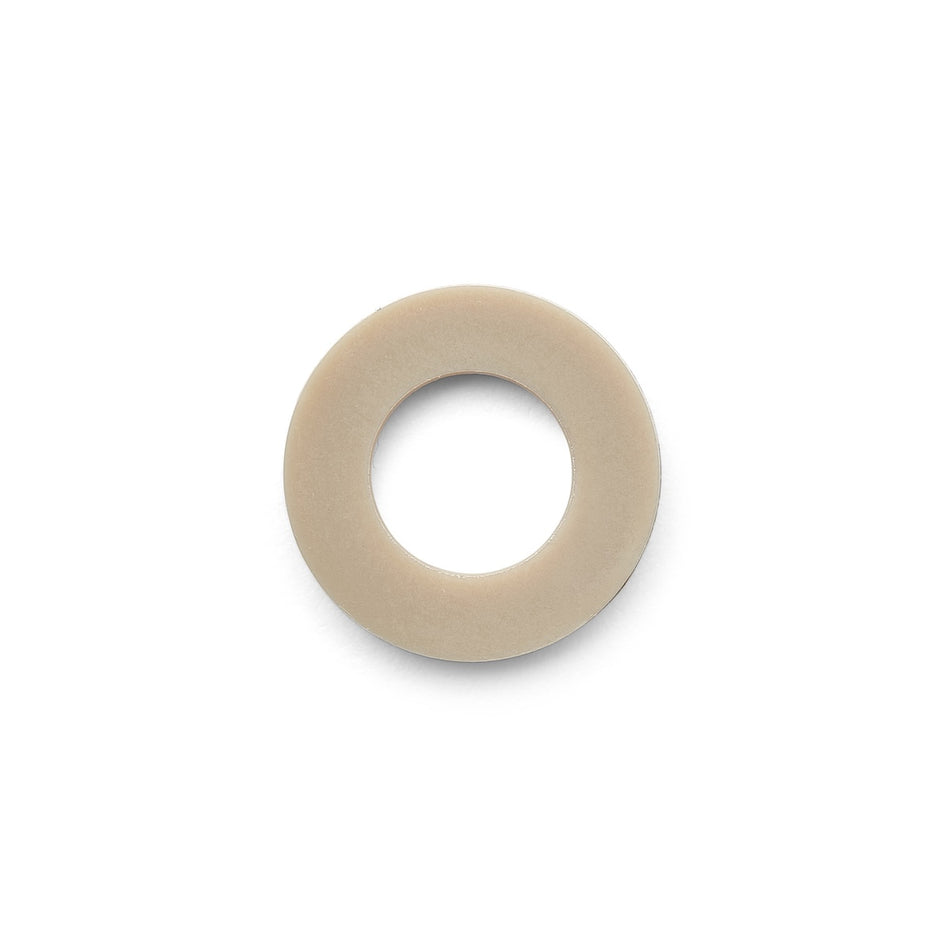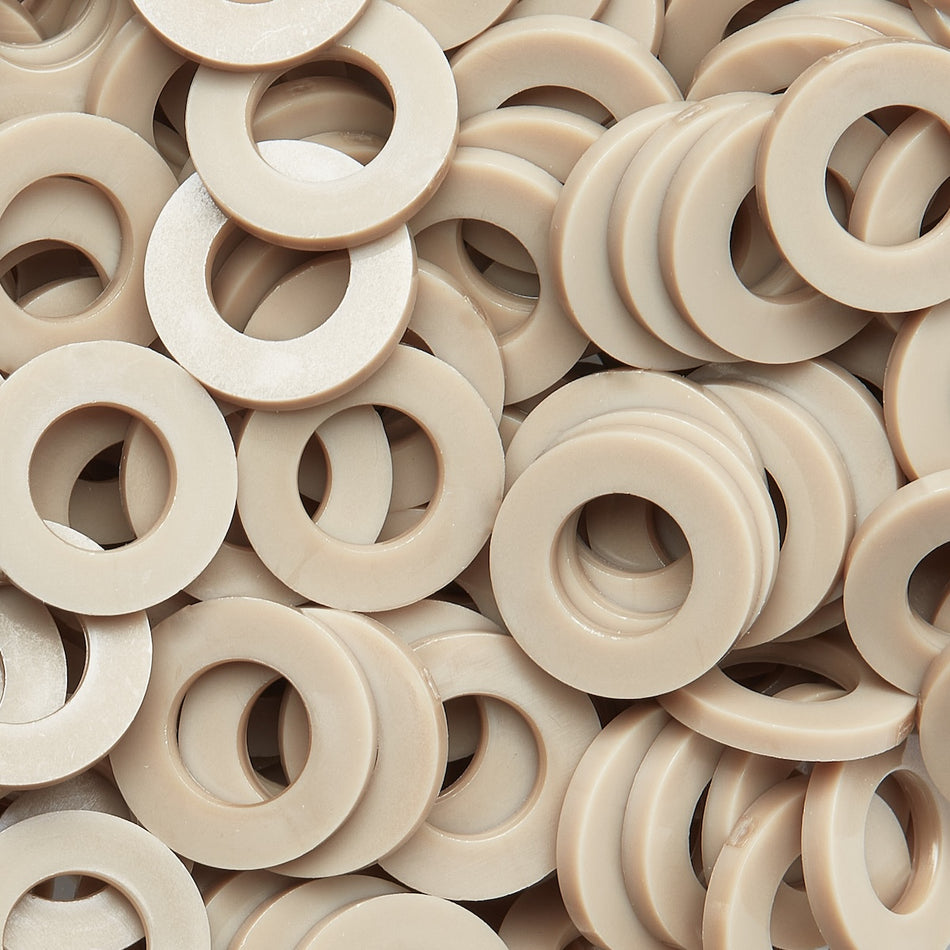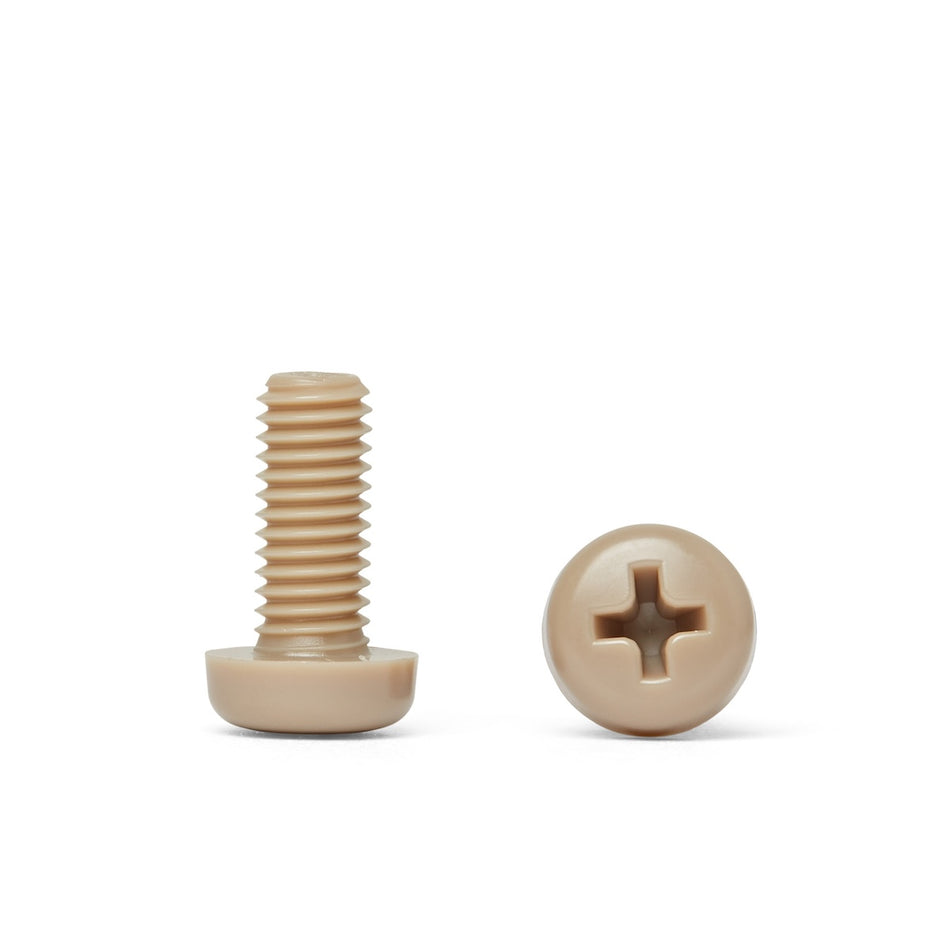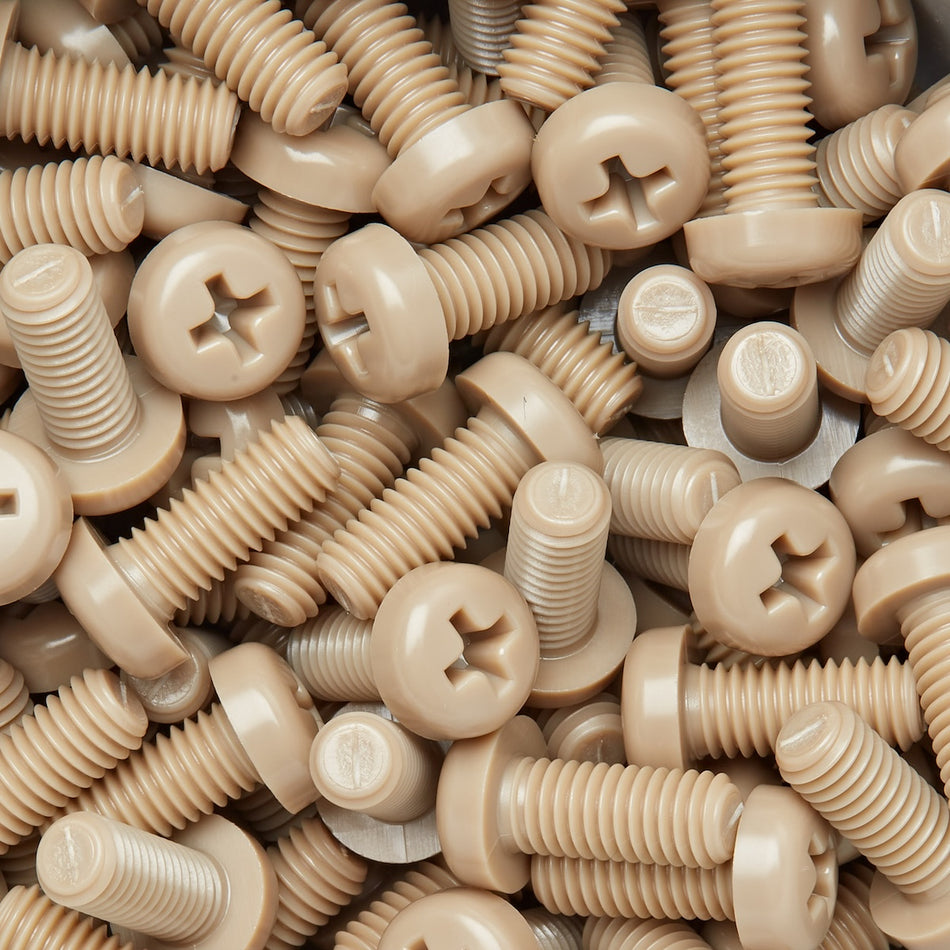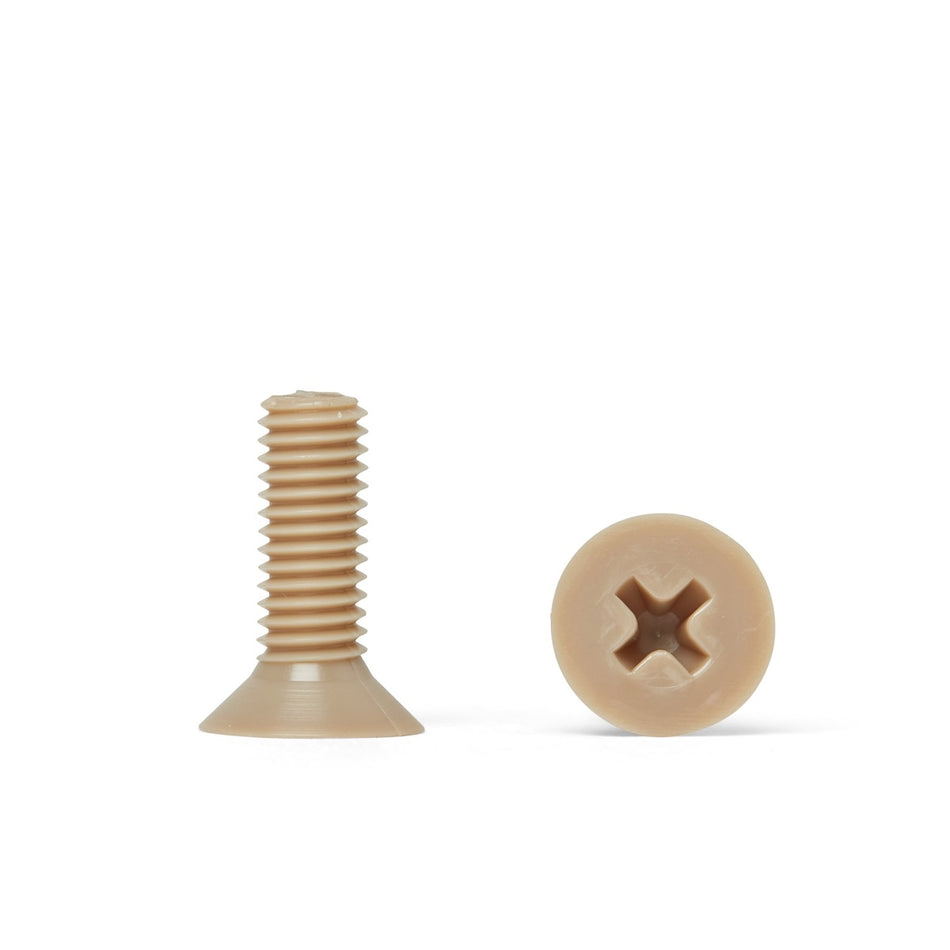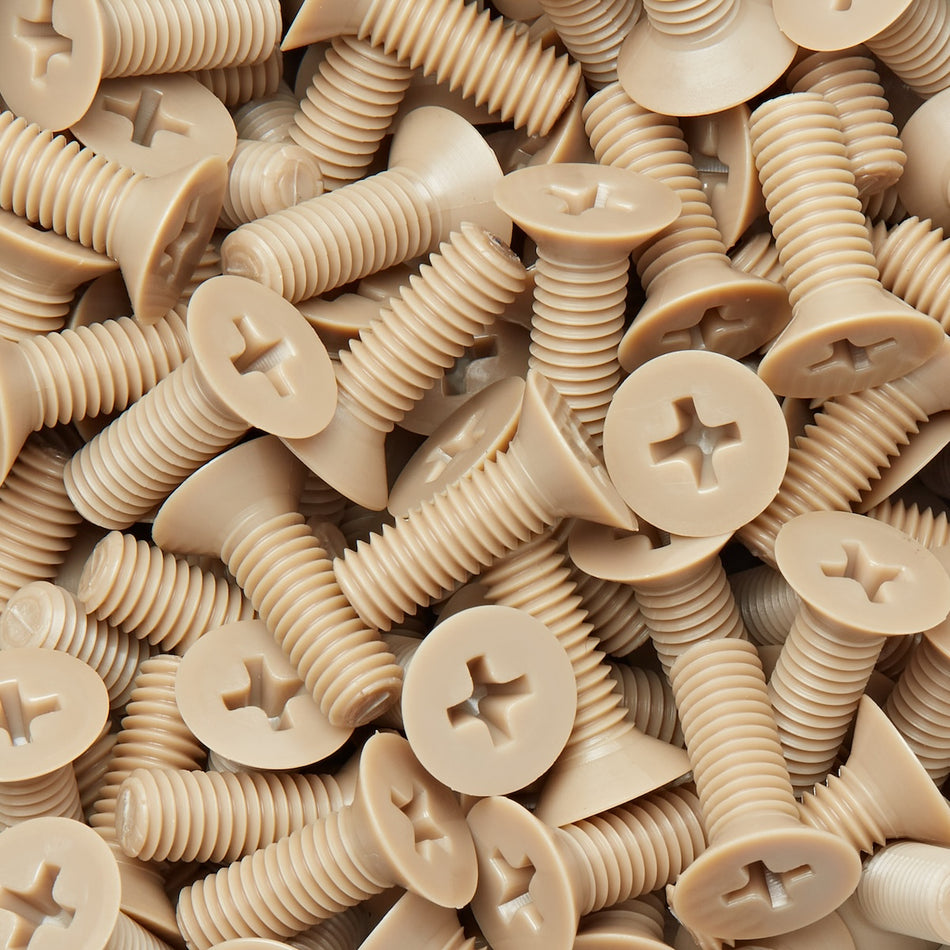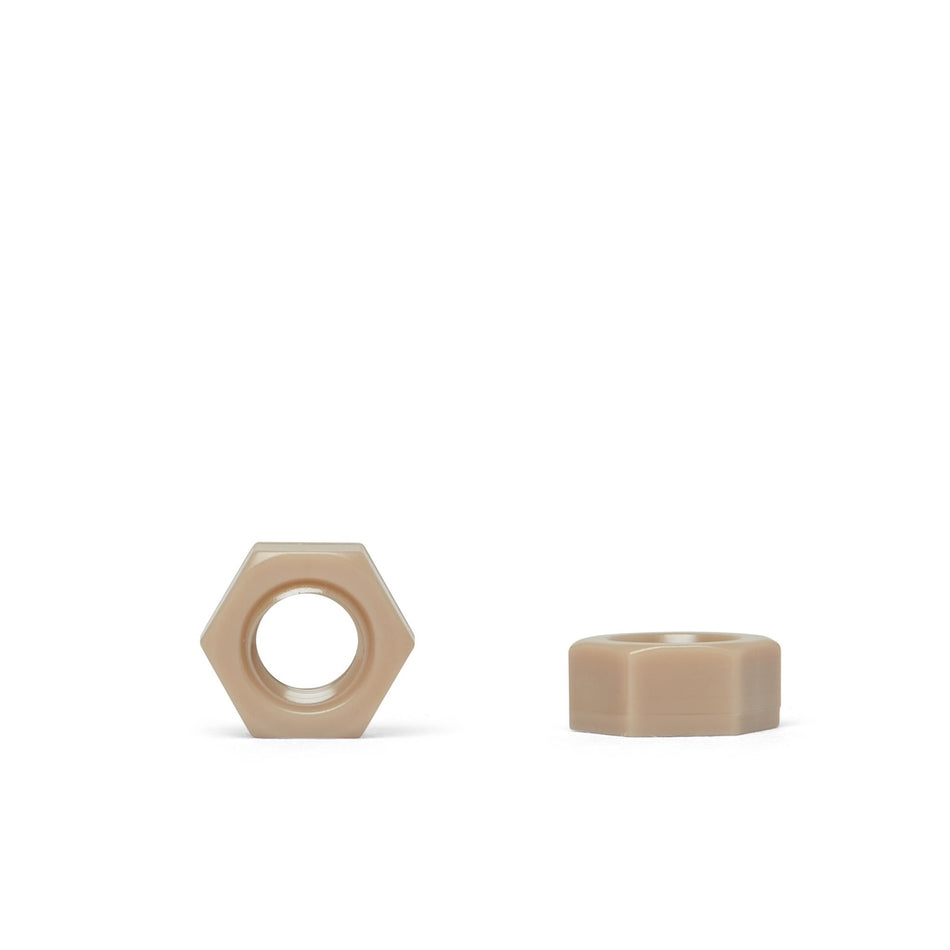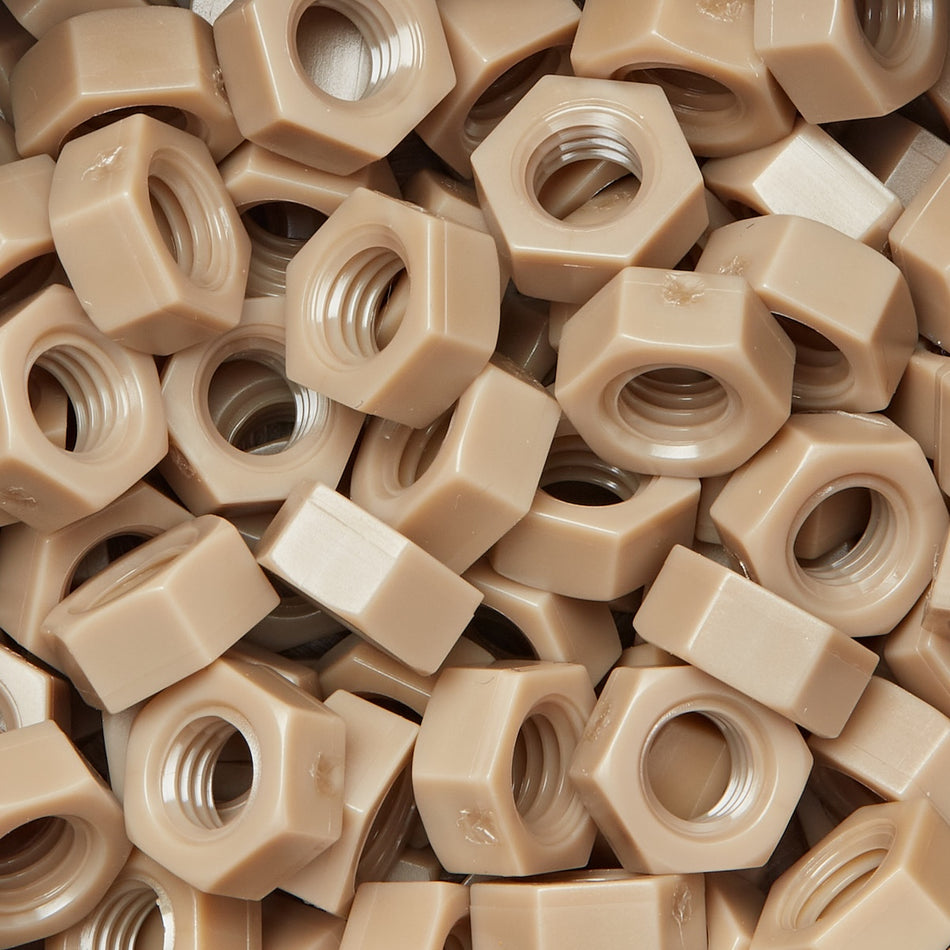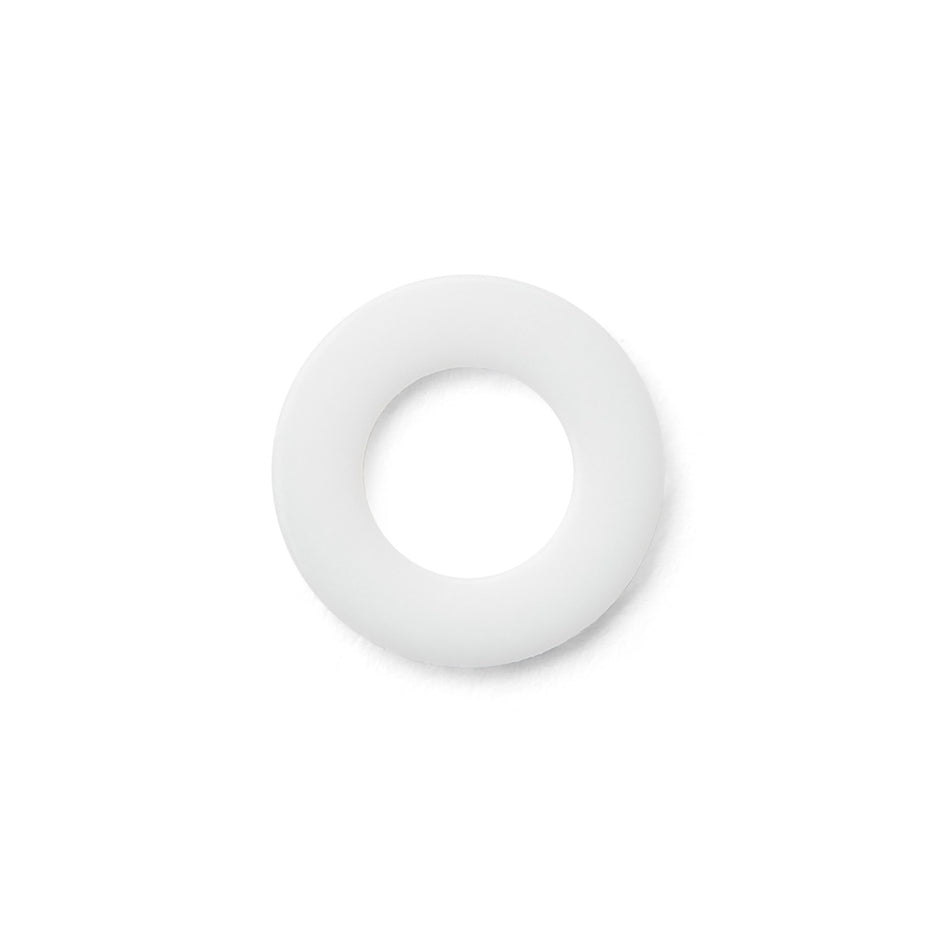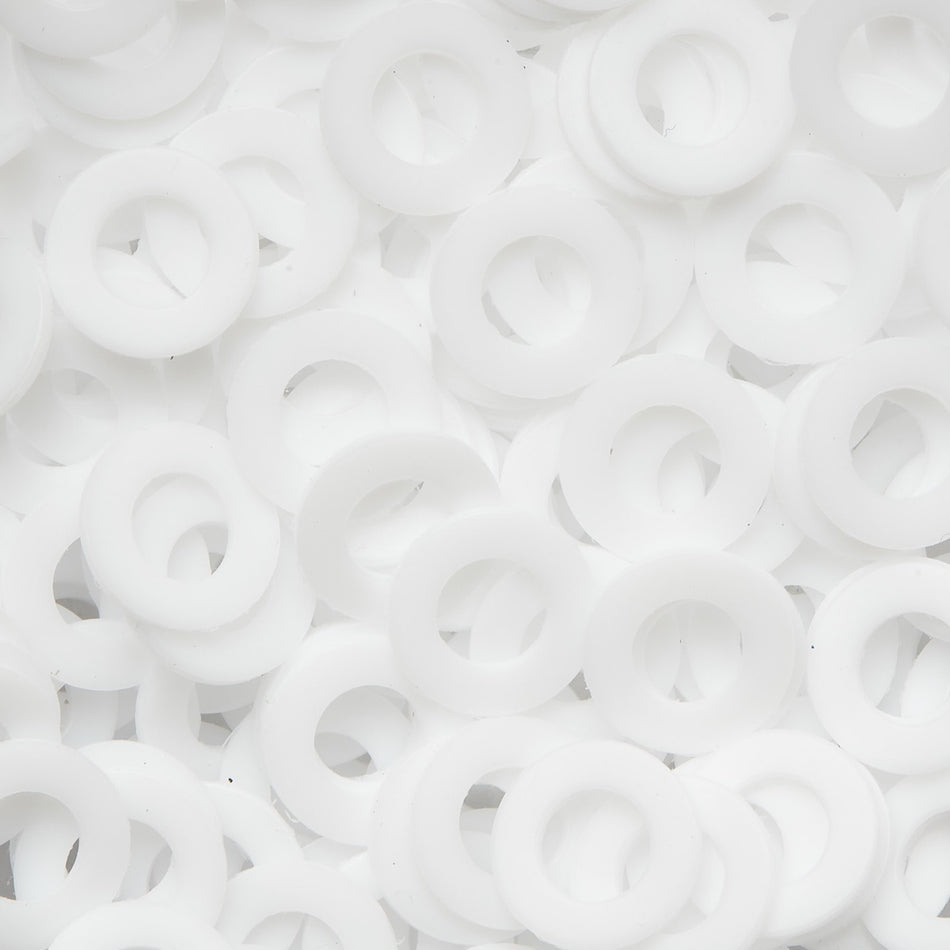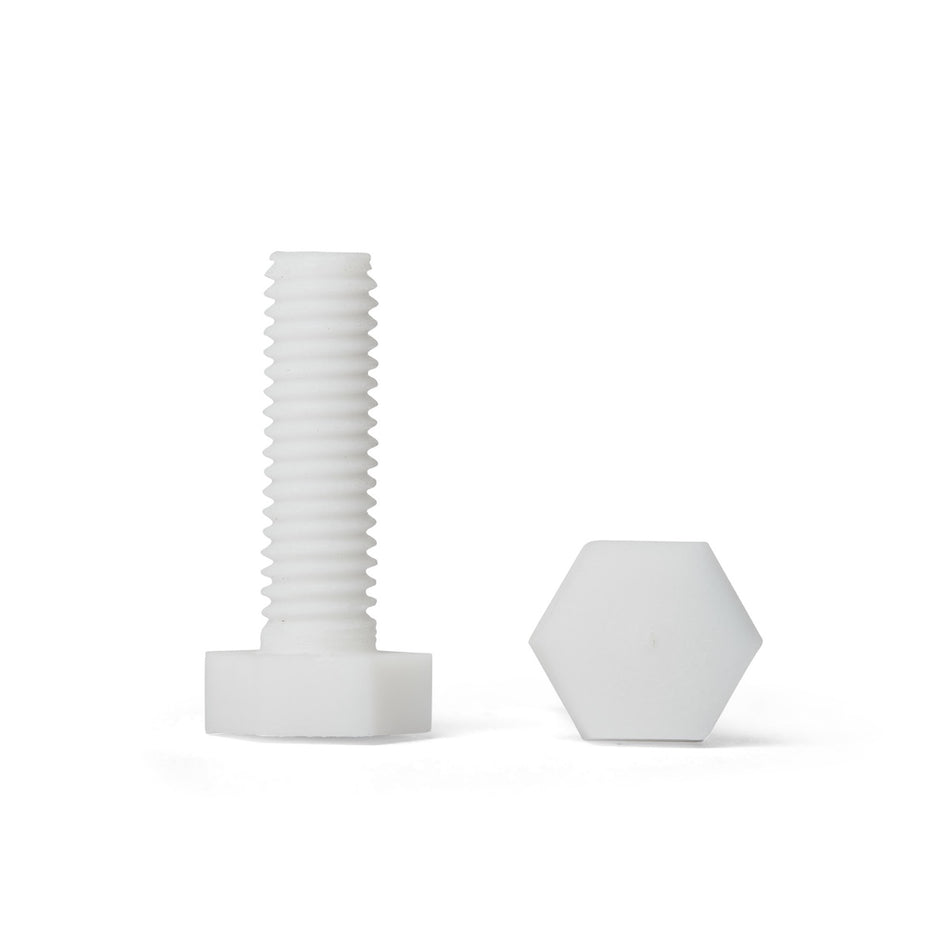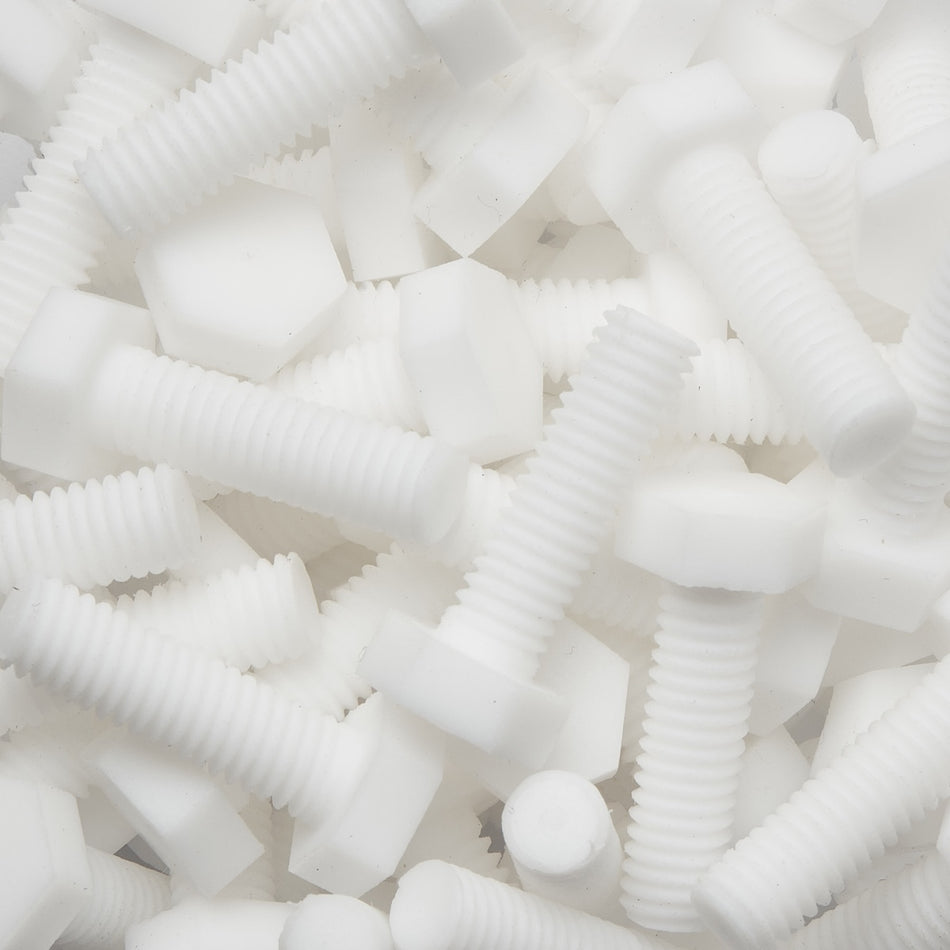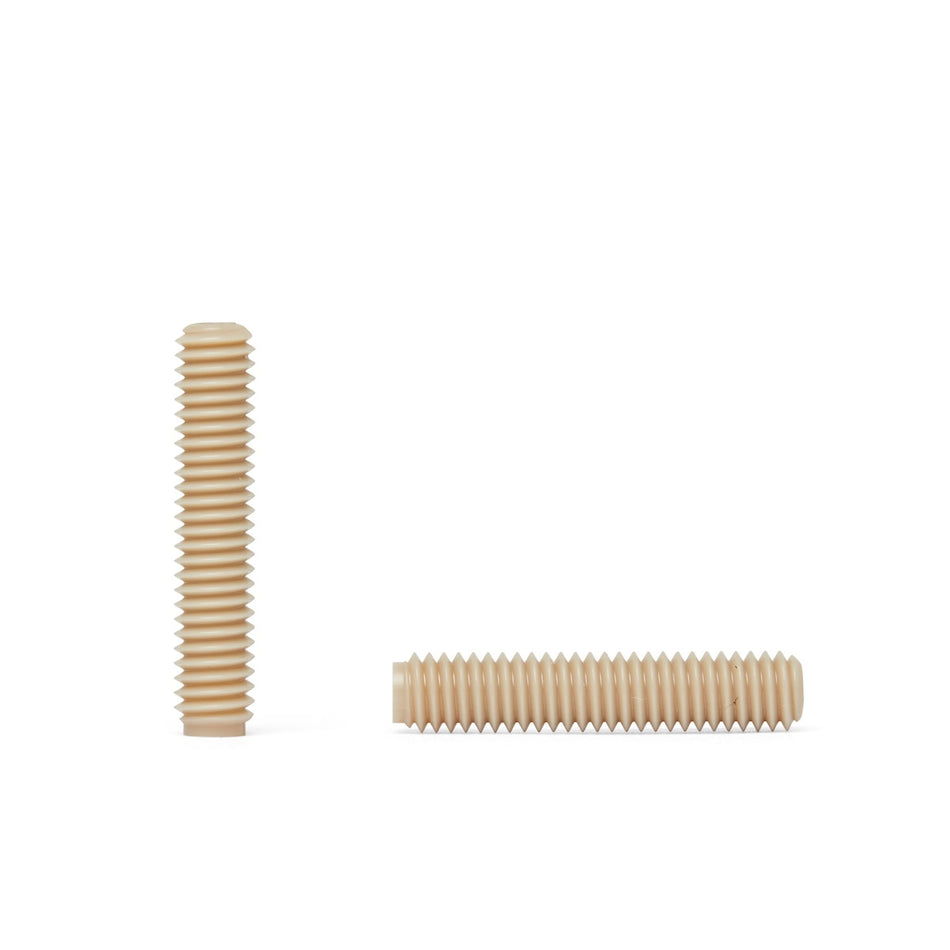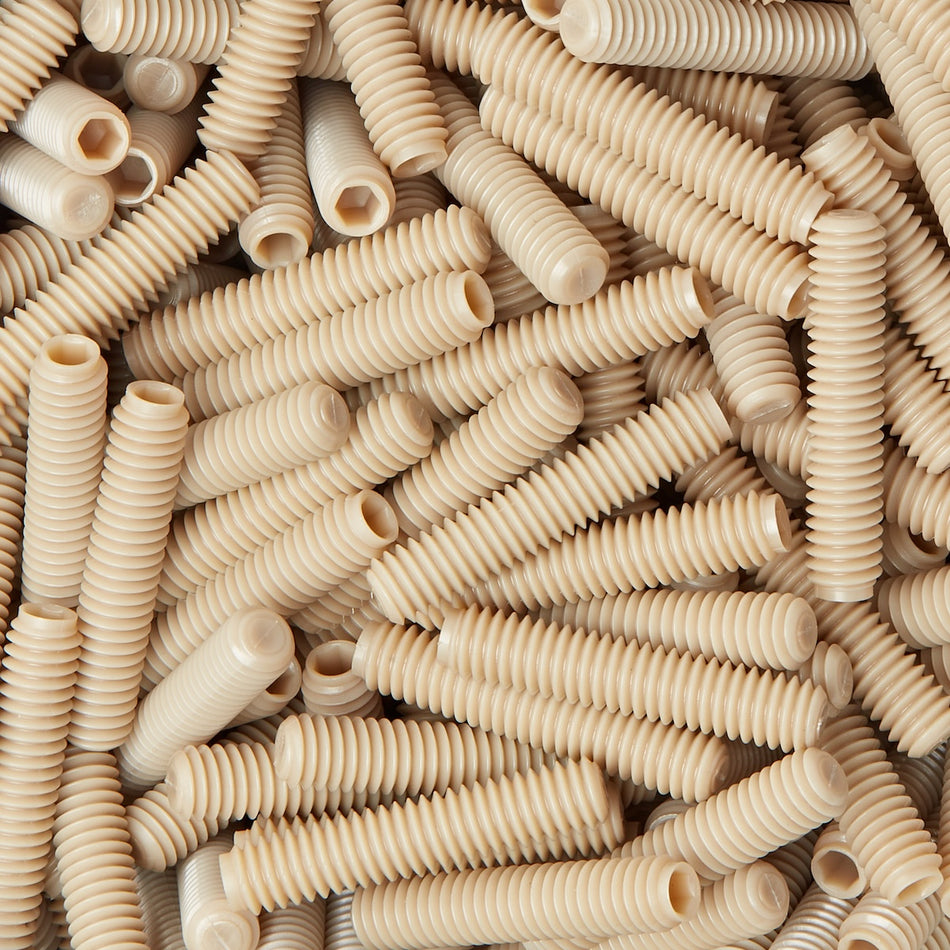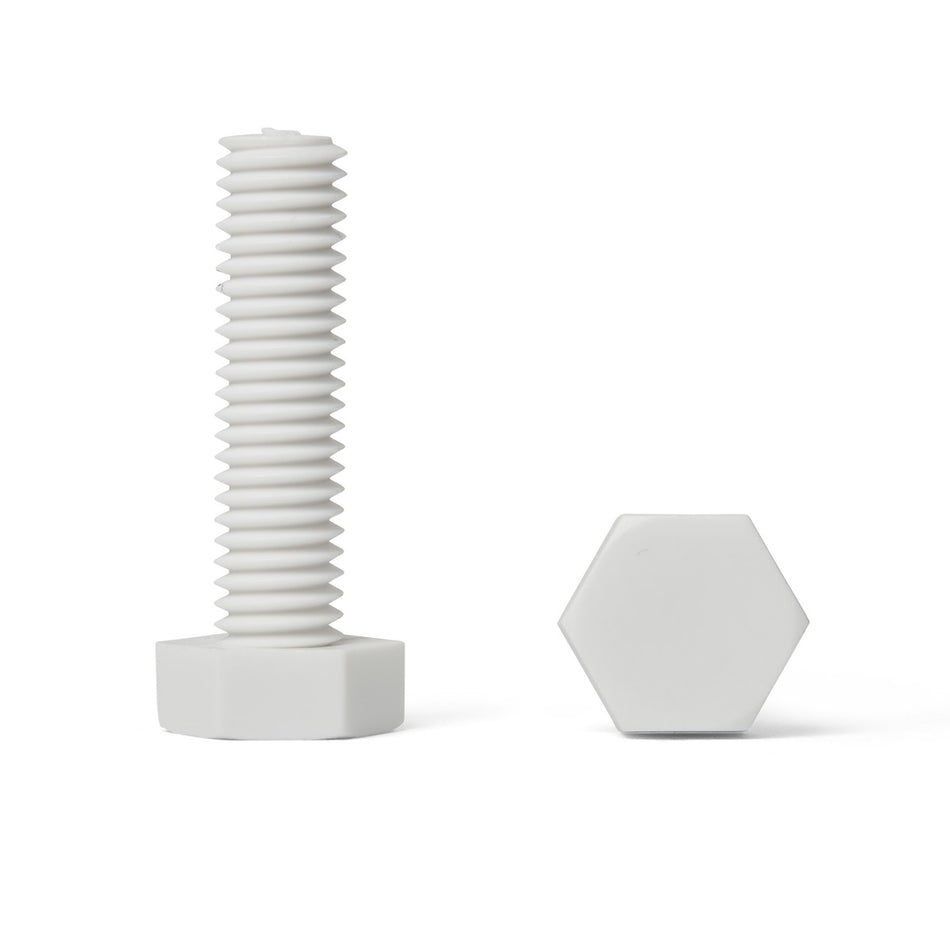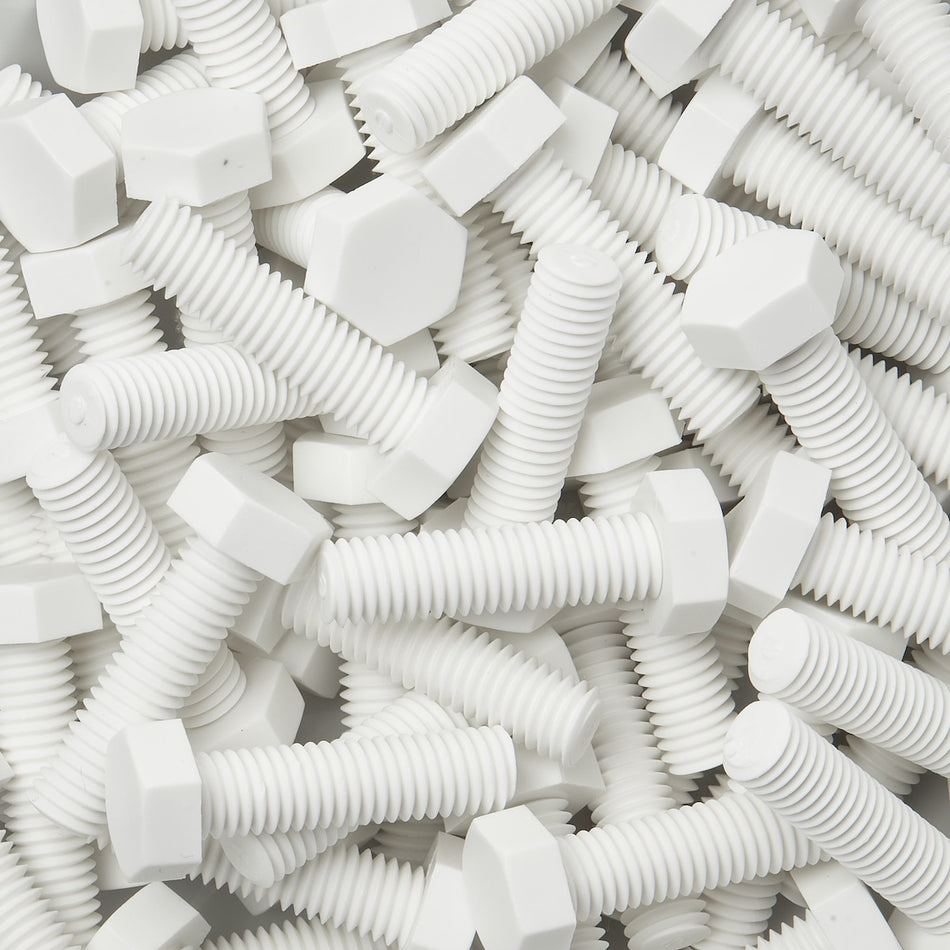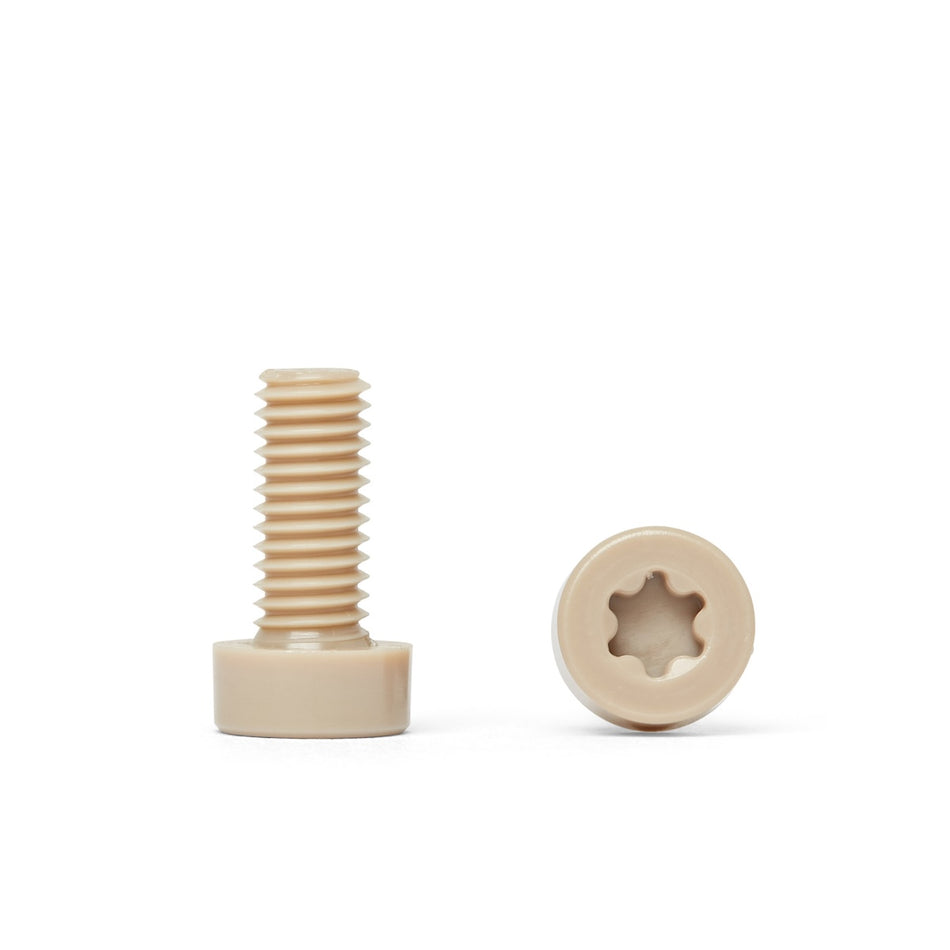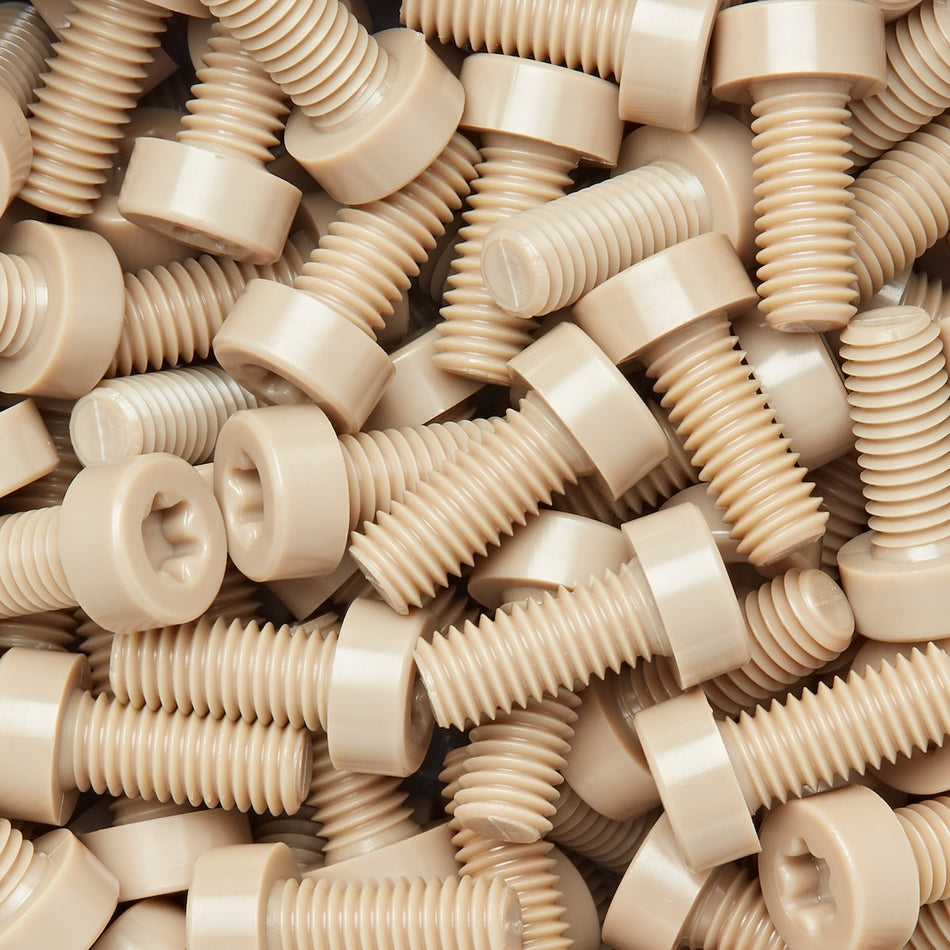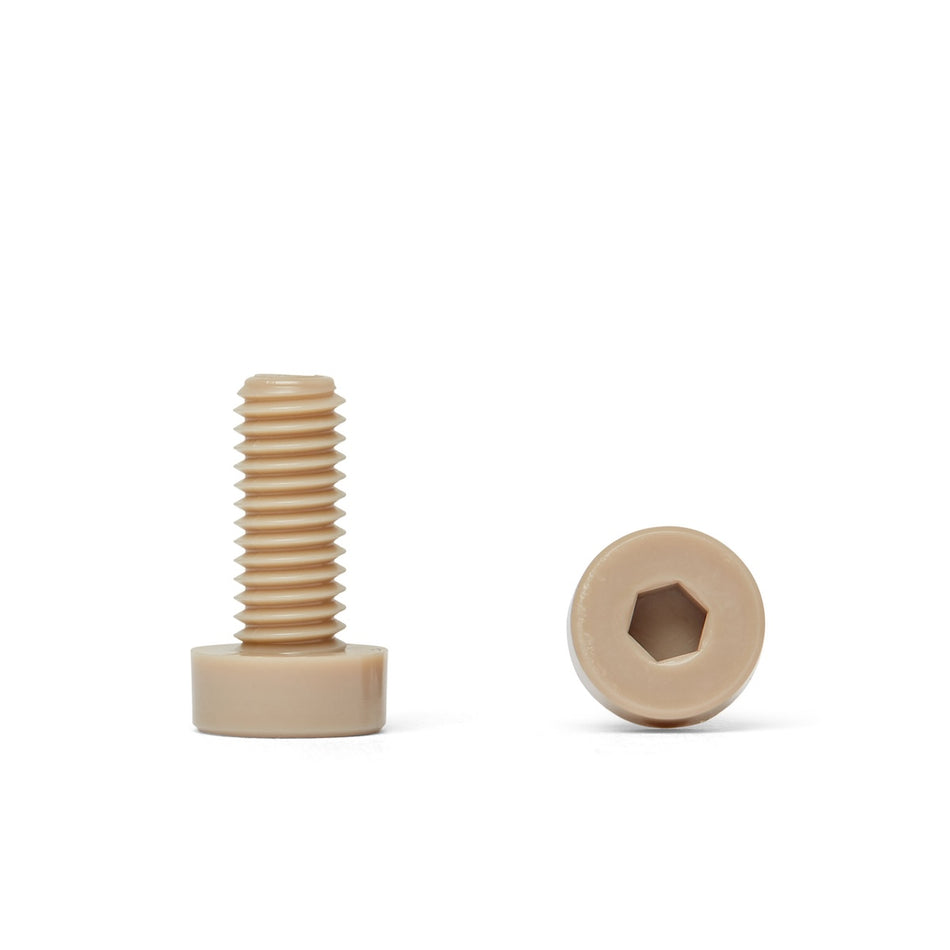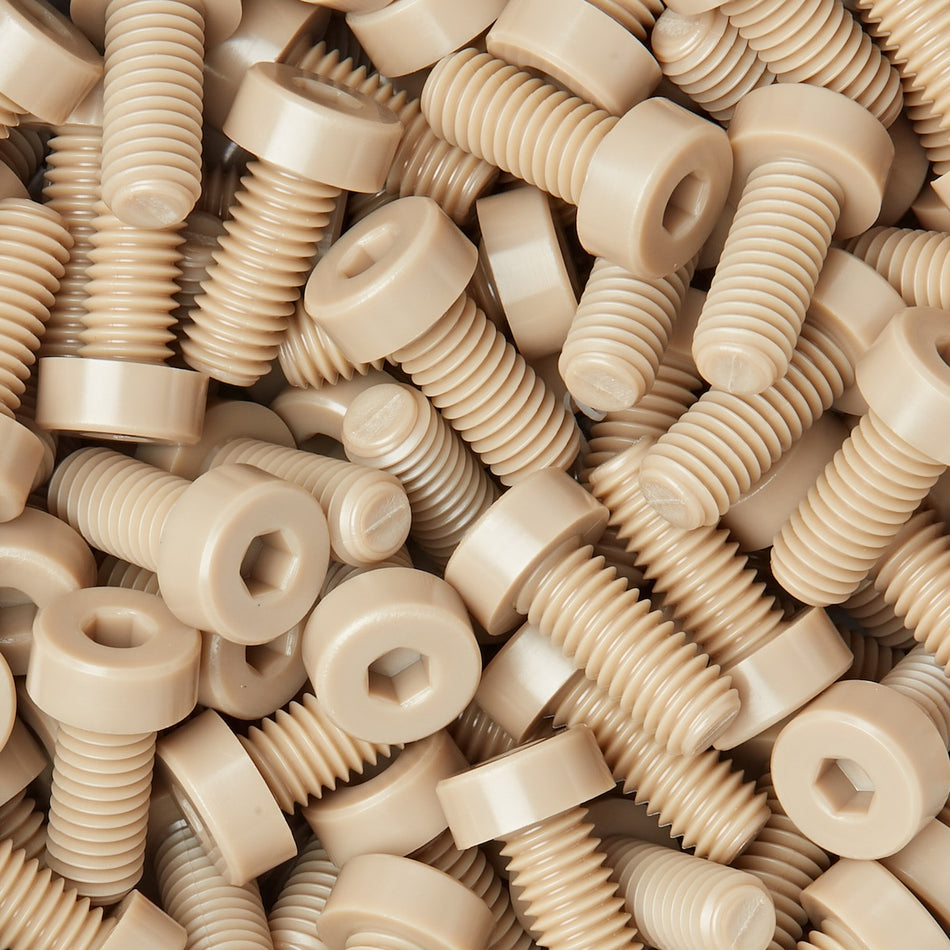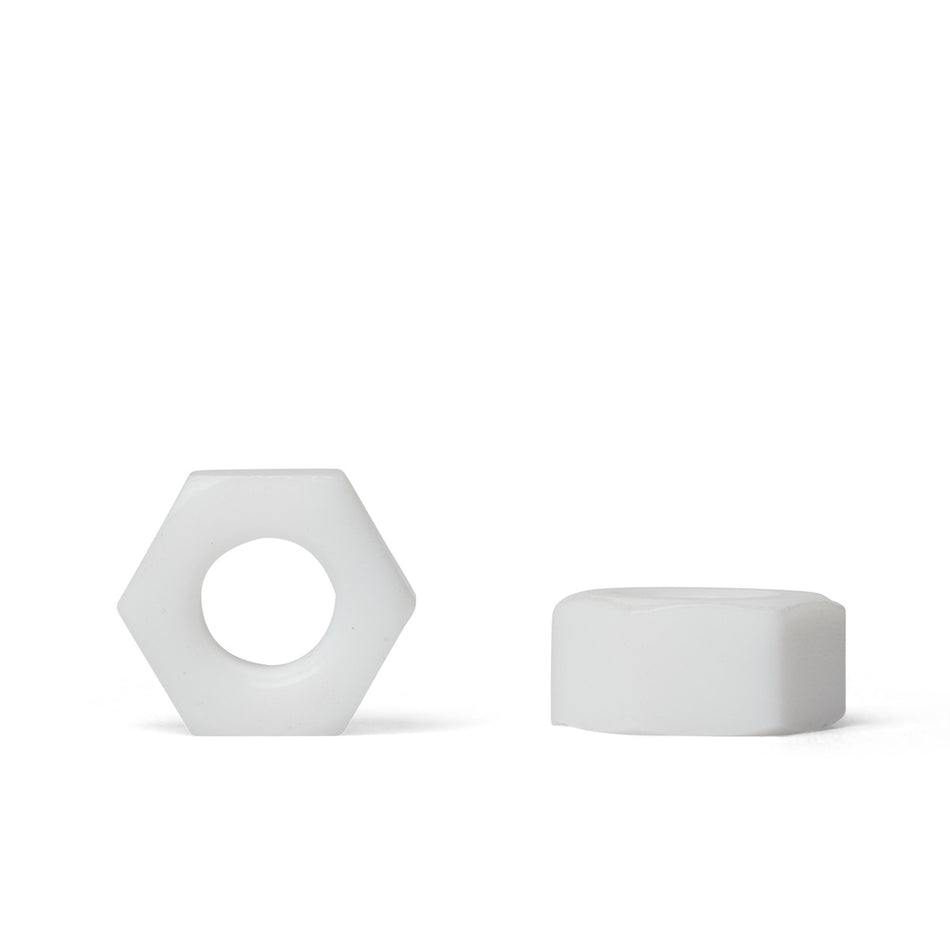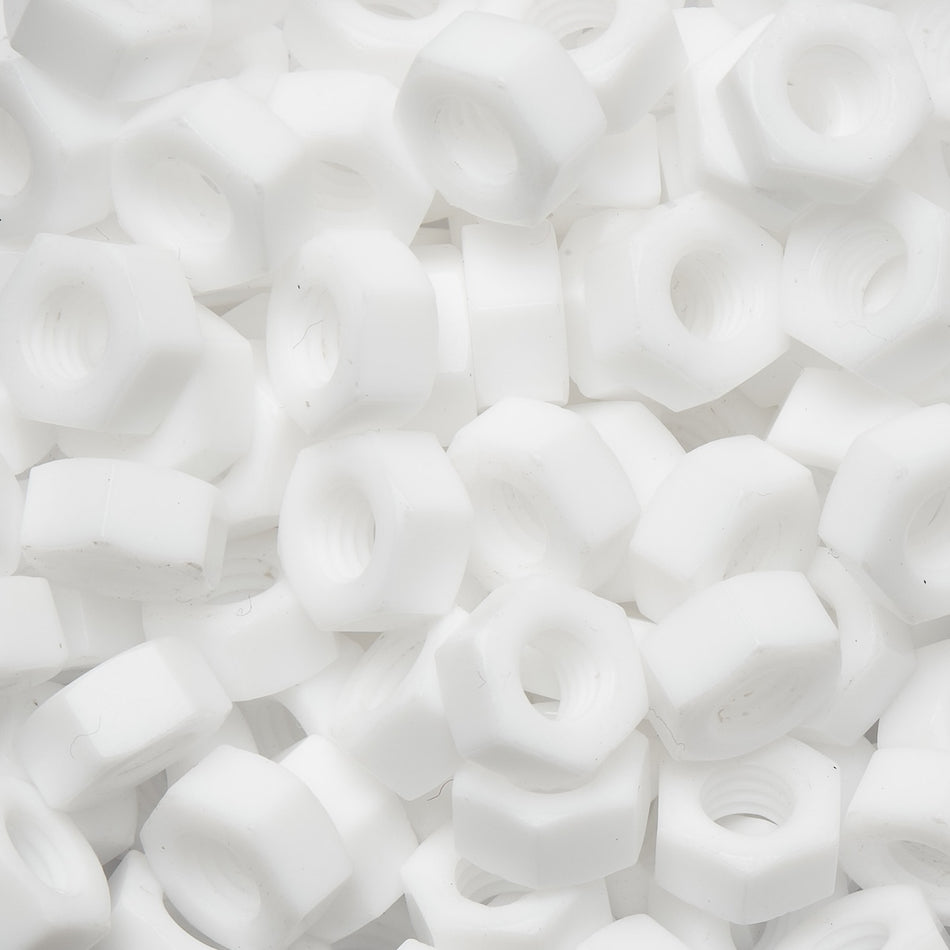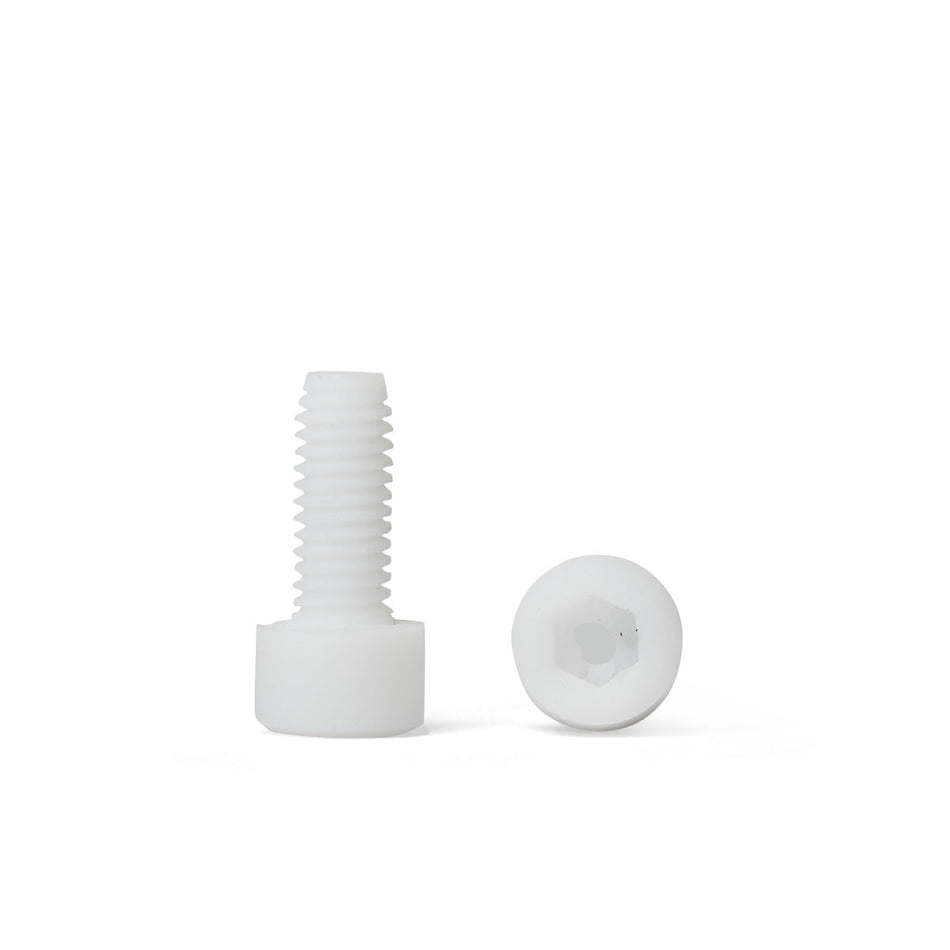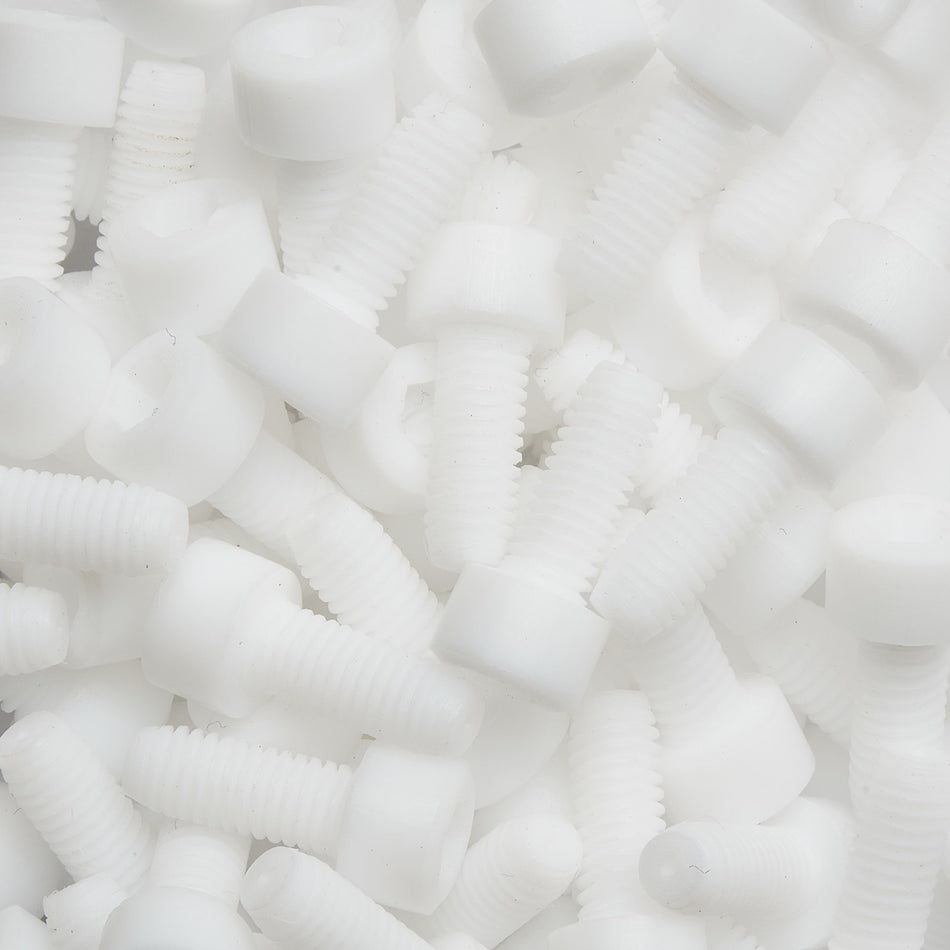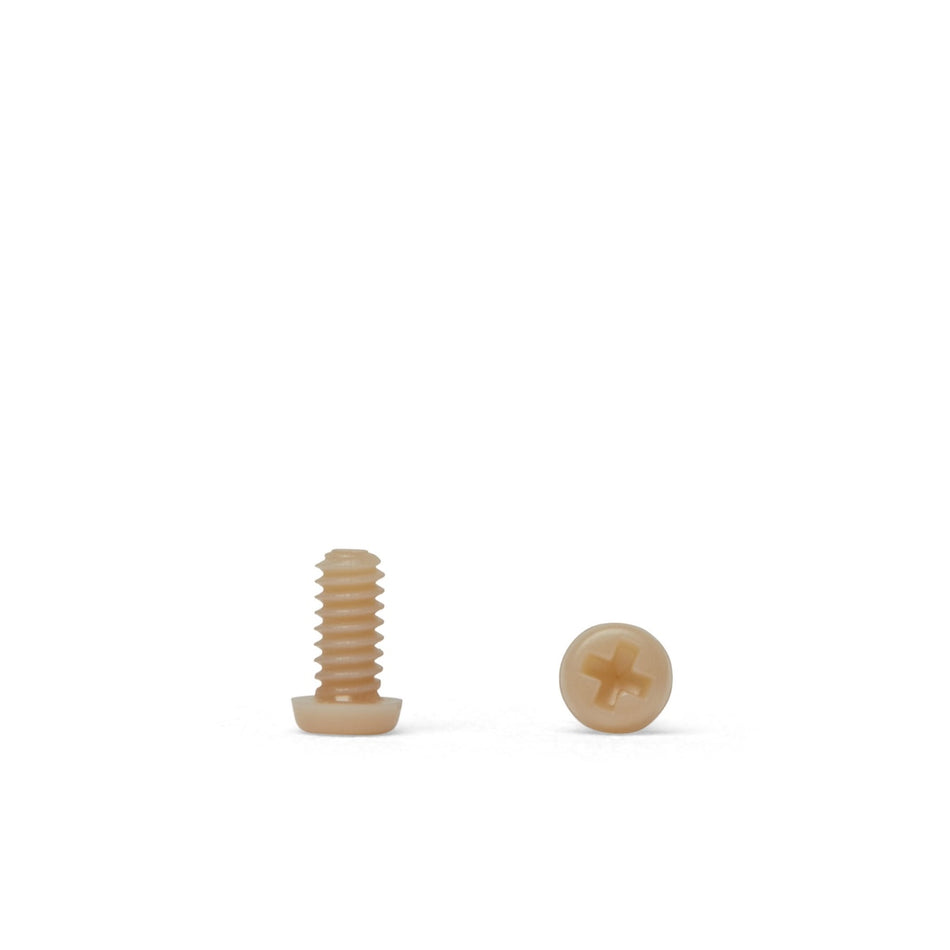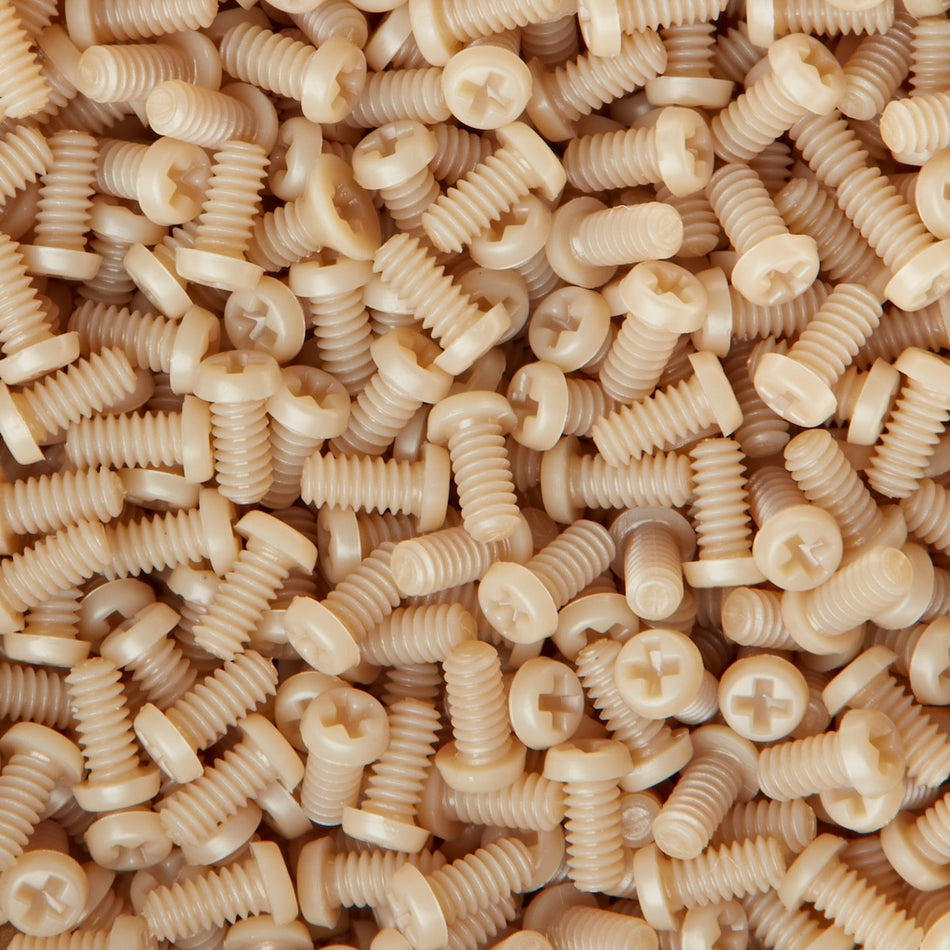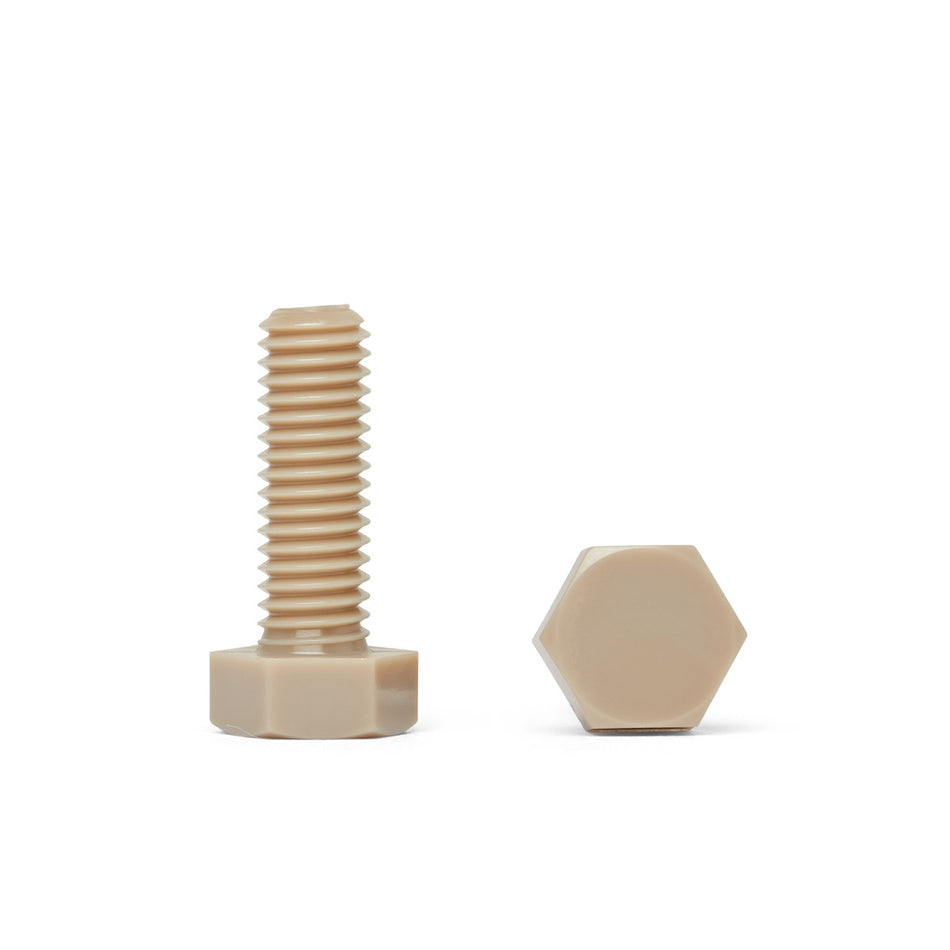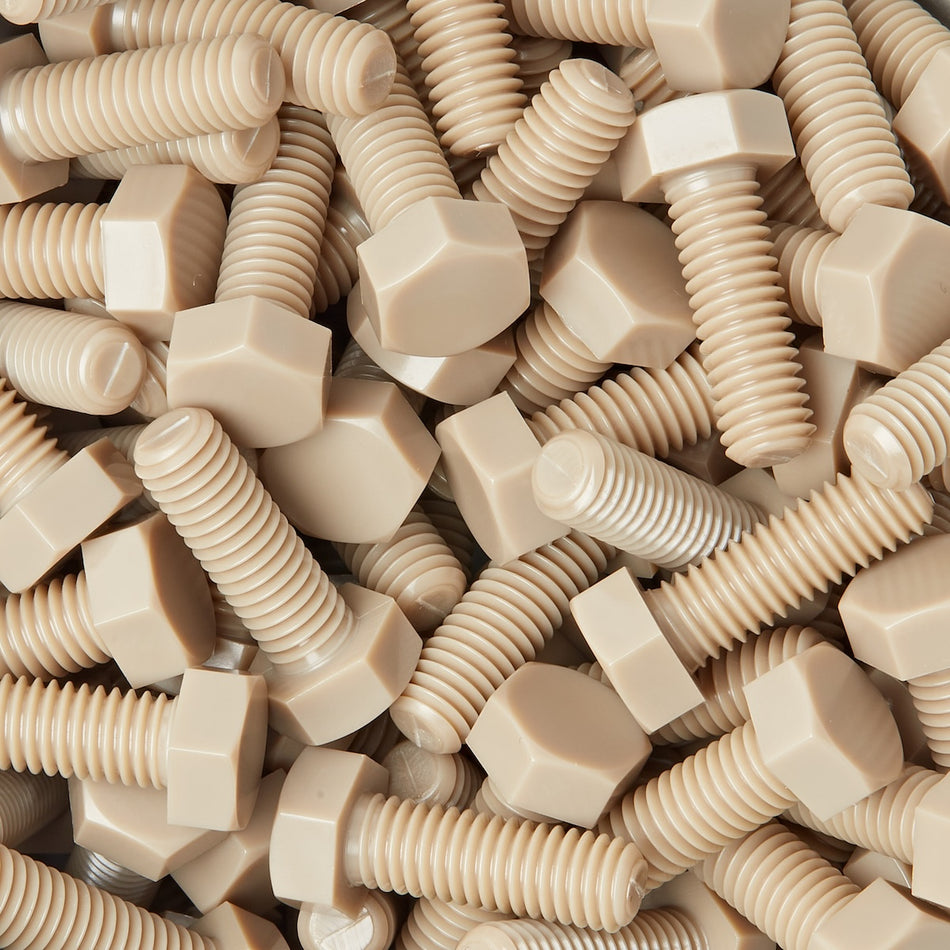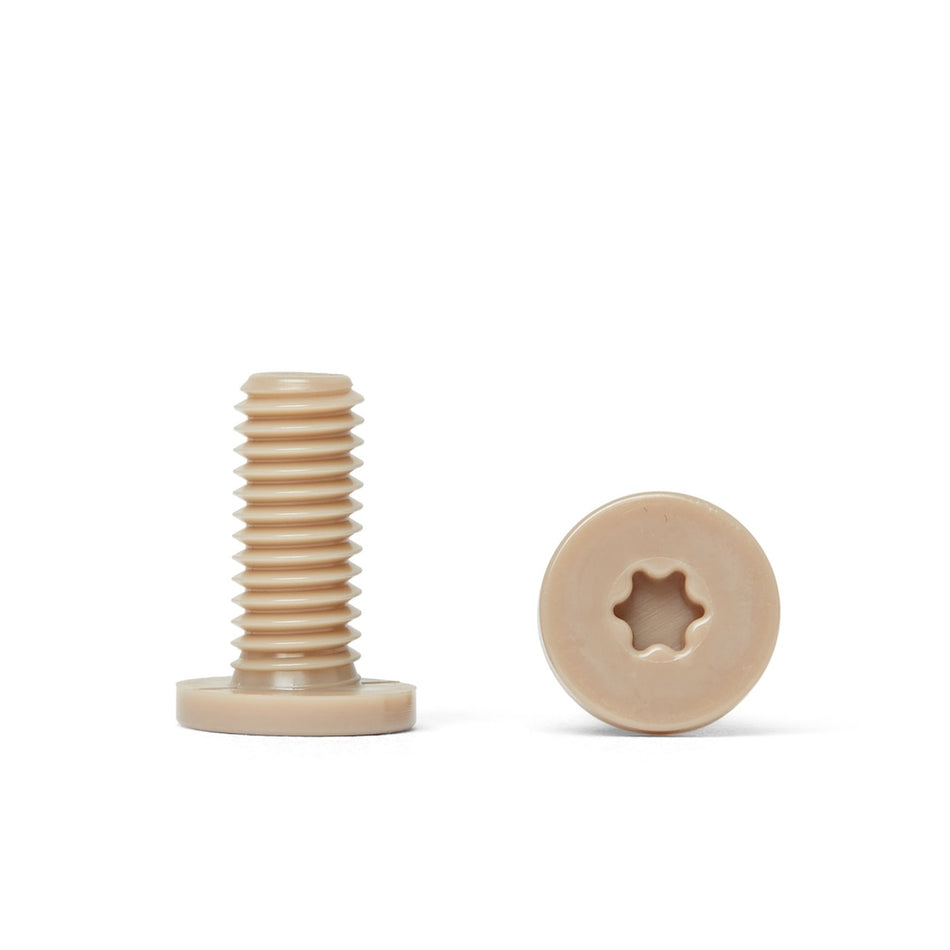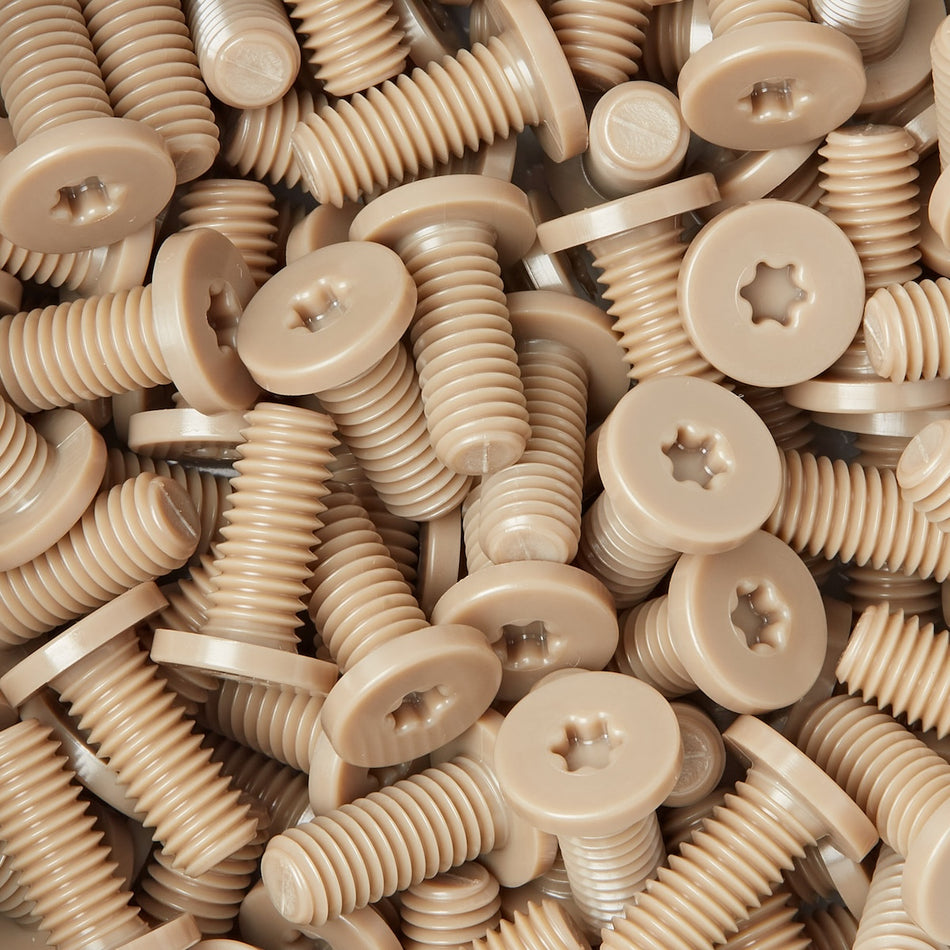200 Products
Vegyszerálló csavarok, anyák, csavarok, alátétek és kötőelemek
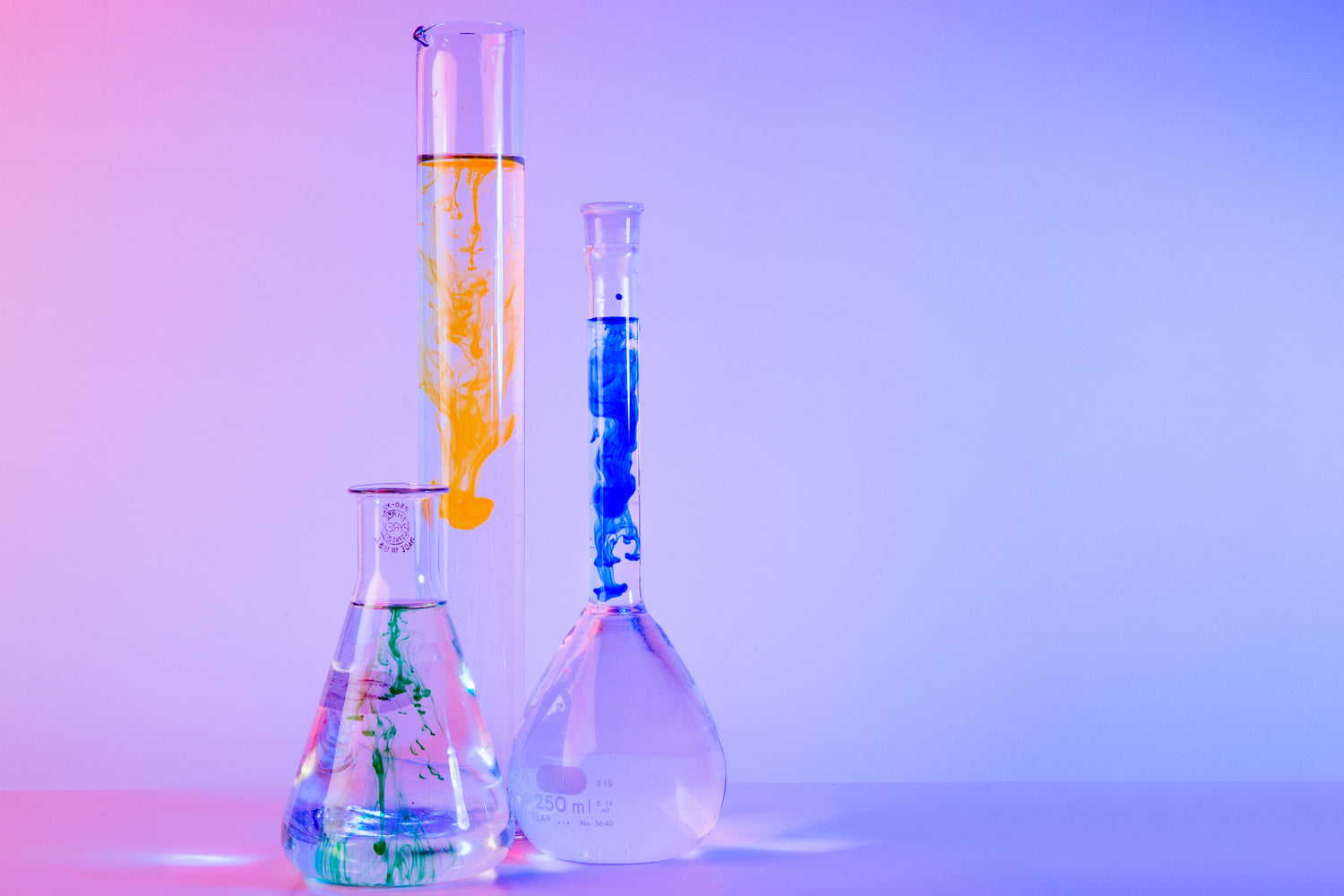
Why Are Chemical Resistant Fasteners Needed?
Chemical resistant screws, nuts, bolts, washers, and fasteners are an important component in many applications where chemical exposure is a concern, and they can help to extend the service life of fasteners and improve the reliability of equipment and structures in chemically challenging environments.
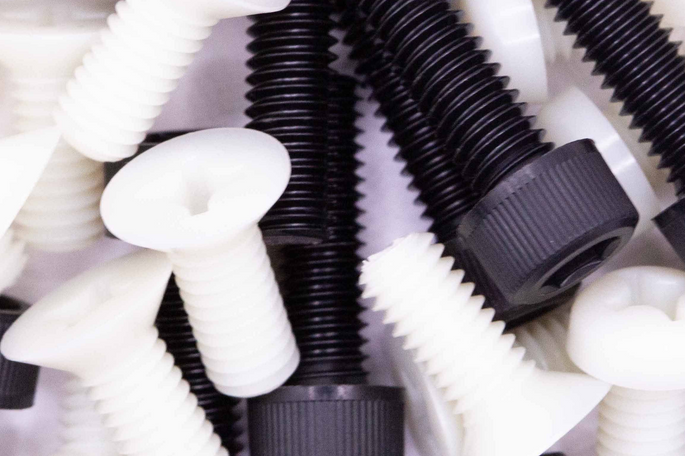
Chemical Resistant Polymer Fasteners
Chemical resistant polymer fasteners are a type of fastener that is made from polymers, or plastic materials, that are resistant to chemical corrosion. These are used in a wide range of applications where exposure to chemicals could be a problem, and they offer several benefits over traditional metallic fasteners.
One of the main benefits of chemical resistant polymer fasteners is their lightweight and easy-to-handle properties. This makes them particularly suitable for use in applications where weight is a concern, such as in the aerospace and automotive industries. Polymer fasteners are also typically easier to install than metal equivalents, as they do not require specialized tools or equipment.
In addition to their lightweight and easy-to-handle properties, chemical resistant polymers offer good electrical insulation properties. This makes them suitable for use in electrical and electronic applications where electrical insulation is important.
There are several types of chemical resistant polymer fasteners, including polyetheretherketone (PEEK), polyvinyl chloride (PVC), and polyvinylidene fluoride (PVDF). PEEK fasteners are known for their excellent mechanical and thermal properties, as well as their resistance to a wide range of chemicals. PVC fasteners are also known for their good mechanical and thermal properties, as well as their resistance to UV light and weathering. PVDF fasteners are known for their excellent chemical resistance, making them suitable for use in corrosive environments.
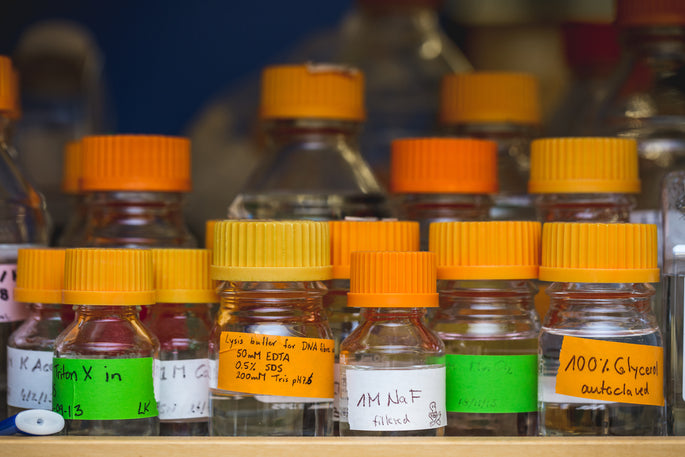
What are chemical resistant fasteners used for?
Chemical-resistant fasteners are essential in industries where exposure to corrosive substances and harsh environments is frequent. They are widely used in chemical processing plants, refineries, and wastewater treatment facilities, where they ensure the integrity of equipment and structures by resisting degradation from acids, solvents, and other aggressive chemicals. These fasteners are also critical in the pharmaceutical and food industries, where maintaining hygiene and preventing contamination is crucial. In marine applications, chemical-resistant fasteners help prevent corrosion from saltwater, while in the aerospace and automotive sectors, they provide durable solutions for components exposed to extreme conditions.
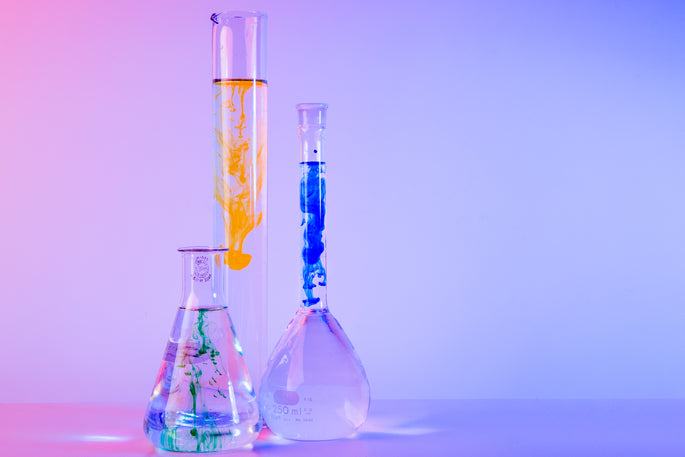
What Are Chemical Resistant Fasteners?
Chemical resistant screws, nuts, bolts and washers are fasteners that are designed to resist the effects of chemical exposure. They are used in a variety of applications where chemical exposure is a concern, such as in the chemical or pharmaceutical industries, or in environments where corrosive substances are present.
A vegyszerálló csavarok, anyák, csavarok, alátétek és kötőelemek olyan kötőelemek, amelyeket úgy terveztek, hogy ellenálljanak a vegyi hatásoknak. Ezeket számos olyan alkalmazásban használják, ahol a vegyi expozíció aggodalomra ad okot, például a vegyiparban vagy a gyógyszeriparban, vagy olyan környezetben, ahol maró anyagok vannak jelen.
A kötőelemek kémiailag ellenállóvá tételének számos módja van, beleértve a kémiailag ellenálló anyagok használatát és a kémiailag ellenálló bevonatok alkalmazását. A kémiailag ellenálló kötőelemekhez gyakran használt anyagok közé tartozik a rozsdamentes acél, a sárgaréz és a bronz, valamint bizonyos típusú műanyagok és polimerek. Ezek az anyagok a bennük rejlő kémiai tulajdonságaiknak köszönhetően ellenállnak a korróziónak és más típusú kémiai bomlásnak, és gyakran használják őket olyan környezetben, ahol a vegyi expozíció aggodalomra ad okot.
A kémiailag ellenálló anyagok használata mellett kémiailag ellenálló bevonatok is alkalmazhatók a kötőelemeken, hogy további védőréteget biztosítsanak a vegyi expozícióval szemben. Ezeket a bevonatokat olyan eljárásokkal lehet felvinni, mint a galvanizálás, eloxálás vagy festés, és segíthetnek megvédeni az alapanyagot a vegyi expozíció hatásaitól.
Összességében a kémiailag ellenálló csavarok, anyák, csavarok, alátétek és kötőelemek számos olyan alkalmazásban fontos alkatrésznek számítanak, ahol a vegyi expozíció aggodalomra ad okot, és segíthetnek meghosszabbítani a kötőelemek élettartamát, valamint javíthatják a kémiailag kihívást jelentő környezetben lévő berendezések és szerkezetek megbízhatóságát.

